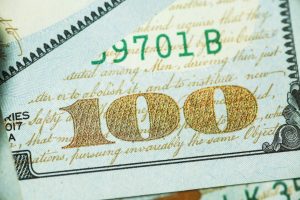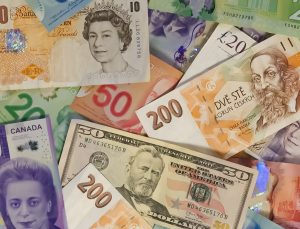Forex, or foreign exchange trading, is the most liquid and largest financial market globally, with over $5 trillion traded every day. Forex traders make profits by buying and selling different currencies and making a profit from the difference in exchange rates. However, like any other business or investment, forex trading requires you to report your income to the government to avoid legal issues and penalties. In this article, we will discuss how to report your income on forex trading.
Determine Your Tax Status
Before reporting your forex trading income, you need to determine your tax status. Are you a professional trader or a casual trader? A professional trader is someone who trades forex as their primary source of income, while a casual trader trades forex as a hobby or a side income. Professional traders need to report their income as business income, while casual traders report their income as capital gains.
If you are a professional trader, you need to register your trading activity as a business with the relevant authorities. You will also need to obtain a Tax Identification Number (TIN) and keep accurate records of your trading activities to report your income correctly.
Track Your Trading Activity
To report your forex trading income accurately, you need to keep track of your trading activity. You should keep a record of your trades, including the date, time, currency pairs, and profits or losses. You should also keep track of any fees or commissions paid to brokers or other trading platforms.
Keeping accurate records of your trading activity will help you calculate your profits or losses accurately and report your income to the government. You can use accounting software or trading journals to keep track of your trading activity.
Report Your Income
Once you have determined your tax status and tracked your trading activity, you need to report your income to the government. Professional traders report their income as business income, while casual traders report their income as capital gains.
Business Income
If you are a professional trader, you need to report your forex trading income as business income. You can do this by filing a Schedule C (Form 1040) with the IRS. Schedule C is a tax form used to report income or losses from a business or profession.
When filing your Schedule C, you need to report your gross income, expenses, and net profit or loss. Your trading activity’s net profit or loss will be included in your overall business income and taxed at your marginal tax rate.
Capital Gains
If you are a casual trader, you need to report your forex trading income as capital gains. Capital gains are profits made from the sale of an asset, such as currency pairs. You can report your capital gains by filing a Schedule D (Form 1040) with the IRS.
When filing your Schedule D, you need to report your capital gains or losses from your forex trading activity. If you held your currency pairs for less than a year, your profits will be taxed at your marginal tax rate. If you held your currency pairs for more than a year, your profits will be taxed at a lower long-term capital gains tax rate.
Conclusion
Reporting your forex trading income is crucial to avoid legal issues and penalties with the government. Whether you are a professional trader or a casual trader, you need to determine your tax status, track your trading activity, and report your income accurately to the relevant authorities. By following these steps, you can ensure that you are compliant with the tax laws and avoid any legal issues.





